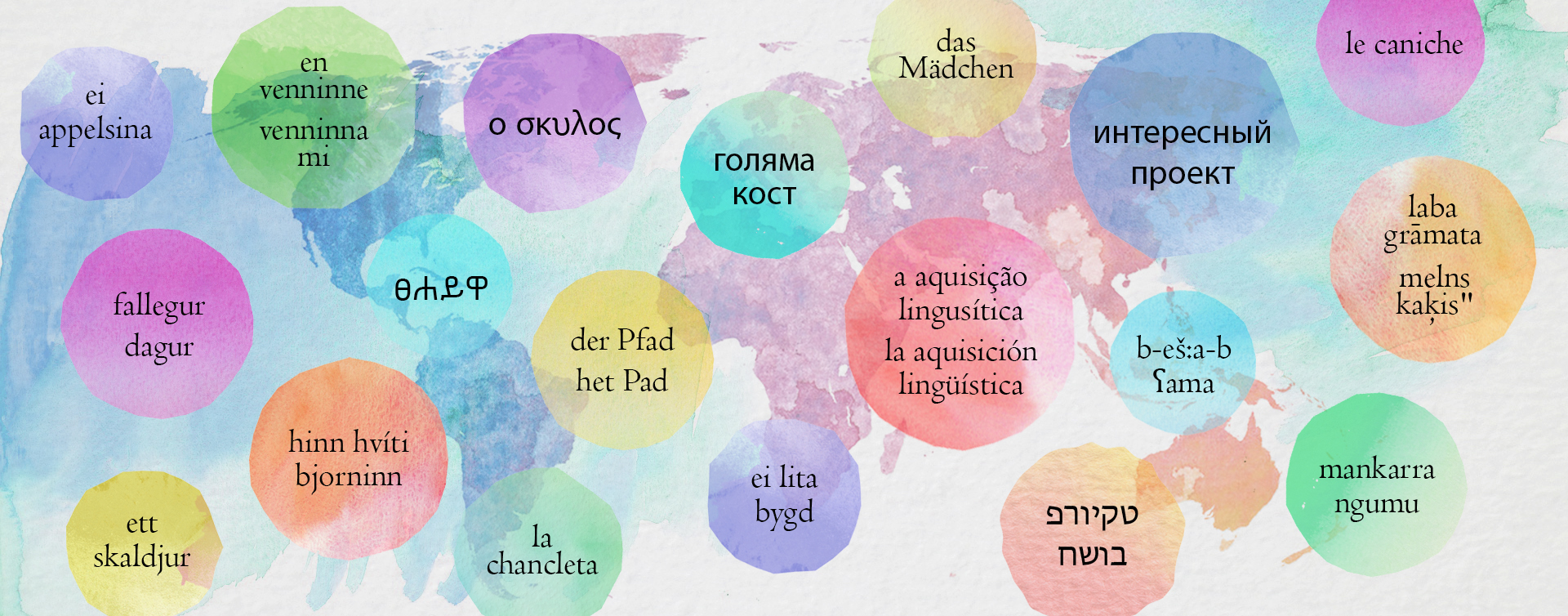CAS Fellow receives ERC Synergy Grant

A Professor at Humboldt Universität zu Berlin and Leibniz-ZAS, Artemis Alexiadou, and her colleagues, Uli Sauerland at Leibniz-ZAS, and Maria Teresa Guasti at the University of Milano-Bicocca, have received the prestigious ERC Synergy Grant with their project Realizing Leibniz’s Dream: Child Language as a Mirror of the Mind.
Alexiadou will join CAS and the project MultiGender: A Multilingual Approach to Grammatical Gender as a Fellow in February 2020.
Will look at data from children
Inspired by the seventeenth-century philosopher, and one of the advocates for rationalism, Gottfried Leibniz, the scholars adopt the perspective that speakers first form a thought, and then communicate it.
The project leaders hypothesise, however, that language realises only some of the pieces present in our thoughts.
‘To understand the structure of thought we want to look at data from children on a global scale, as there is evidence that children when acquire language are over-explicit and thus closer to the structure of thought than adults’, Artemis Alexiadou writes in an email.
Why do you think the ERC selected your project?
‘I think that what played an important role is that we have a global network of collaborators, 50 partners across the world agreed to contribute to our studies.
Moreover, we have complementary areas of expertise in semantics (Uli Sauerland, dealing with meaning), morphology and syntax (myself, dealing with realization and structure of words and
sentences), and acquisition (Maria Teresa Guasti) that are all absolutely necessary for the project.’
You will come to CAS in February, and join Terje Lohndal and Marit Westergaard's project. What are your hopes for your stay at CAS?
‘I am really looking forward to this. My hope is to better understand how gender is affected in language contact situations, in view of the fact that most of the world's populations are multilingual and often the languages one can speak have very different gender systems. I am also looking forward to working together with the colleagues at CAS towards a formal theory of gender and other nominal features, so this will be a great opportunity.’
In total 37 projects received the grant for curiosity-driven science, each worth around 10 million euro.
ERC writes in the announcement that the projects will create “(…) some 1,000 jobs for postdoctoral fellows, PhD students, and other staff in the grantees' research teams”.